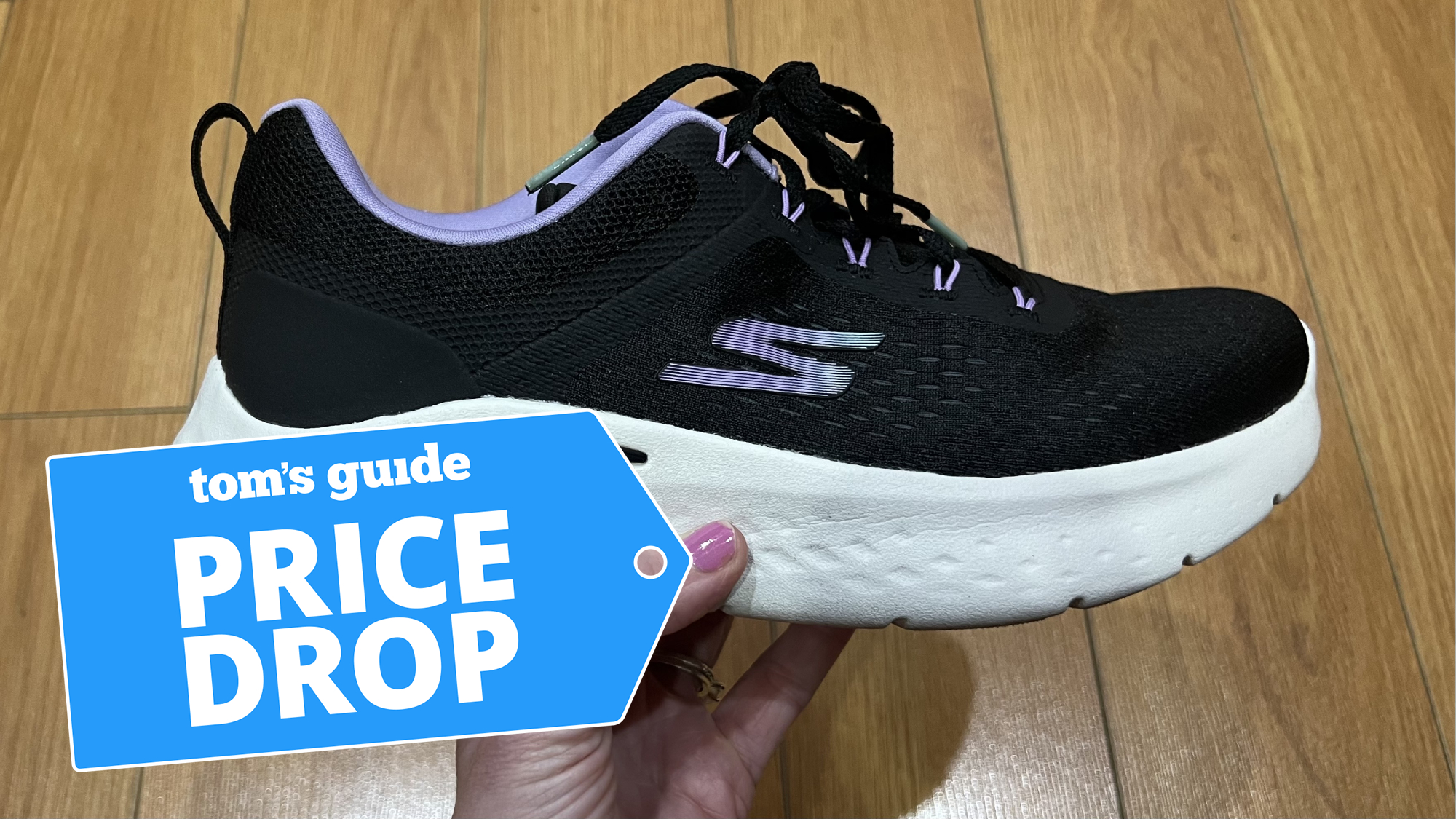OnePlus 12 has an IP65 water resistance rating — and that’s not good enough
IP65 won't protect your phone from a trip into the nearest puddle
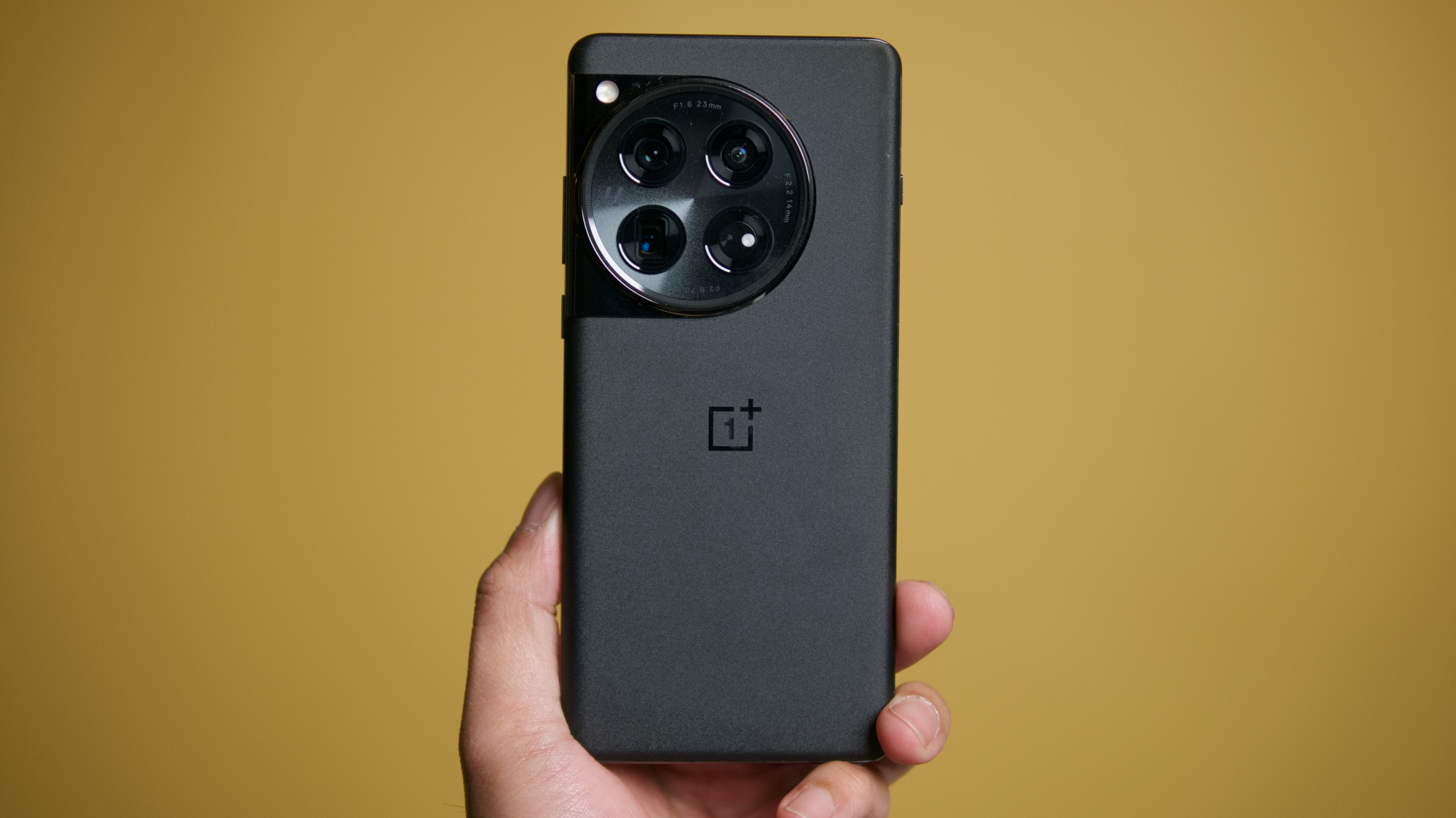
My feelings towards OnePlus over the years are rather ambivalent. Generally, the company makes some pretty good phones, and in the past that included some of the best non-stock versions of Android. But there’s always something that isn’t quite right, a missing feature or a bit of hardware that isn’t up to the high standards “Never Settle” seems to promise. And the OnePlus 12 is no exception.
The OnePlus 12 has a great many things compared to previous phones. The return of wireless charging, improved telephoto camera capabilities, a massive 5,400 mAh battery and all wrapped in a phone that costs considerably less than its competitors. But I’m still irked by the fact the phone only offers IP65 water resistance.
IP65 does not offer great water resistance
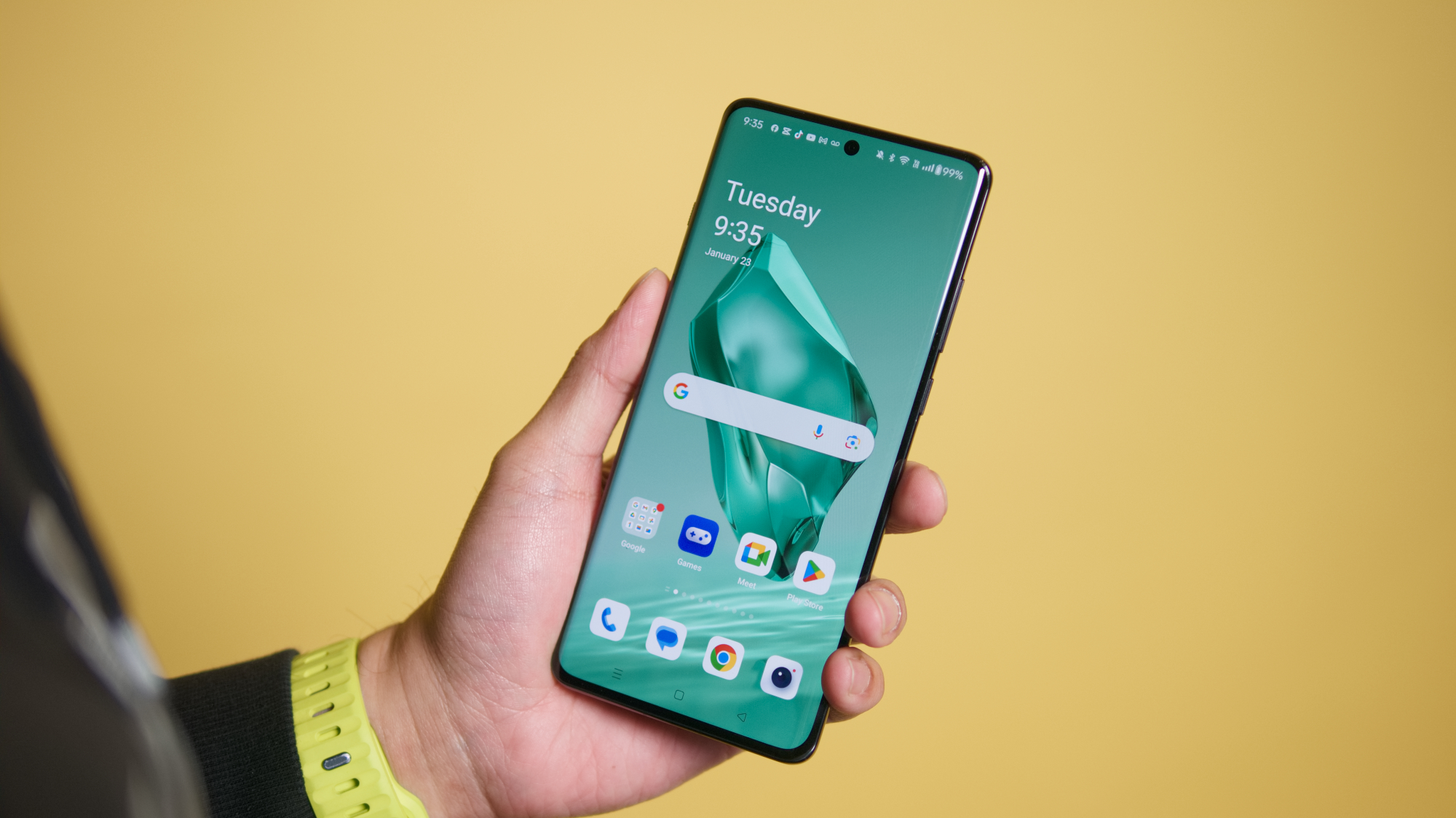
An IP rating is an official indicator of how a device performs on an Ingress Protection test. The first number relates to protection against physical damage, with 6 meaning it’s sealed tight and protected from dust. That’s the highest score on that scale. The second number relates to protection against water, on a scale of 1 to 8. A score of 5, like the OnePlus 12 has, means protection against jets of water. Which isn’t bad, but it’s not a huge amount of protection.
I’d wager that most people out there want water resistance to protect their phones from accidental submersion. To protect against being dropped in some body of water, like a bathtub, a puddle, possibly even a river or pond. For that you’d need an IPX7 or IPX8 rating, and that’s the kind of thing you’ll find on a lot of premium phones these days.
There’s a reason why our best waterproof phones page has so much crossover with the best phones. Phones are fragile and phone makers clearly saw a need to make them more durable and better protected. Preventing water damage is a key part of that and it’s baffling that OnePlus would go all-in on other premium features, while simultaneously cheaping out on protection from stray bodies of water.
Believe it or not, IP65 water resistance is actually an improvement over the OnePlus 11. Last year’s flagship had an IP64 rating, so while it offered solid protection against dust it was only rated to protect the phone from splashes of water. Then again certain OnePlus 10 Pro variants has an IP68 rating, which means both its successors have had significant downgrades in this department.
OnePlus has a tenuous history with IP ratings
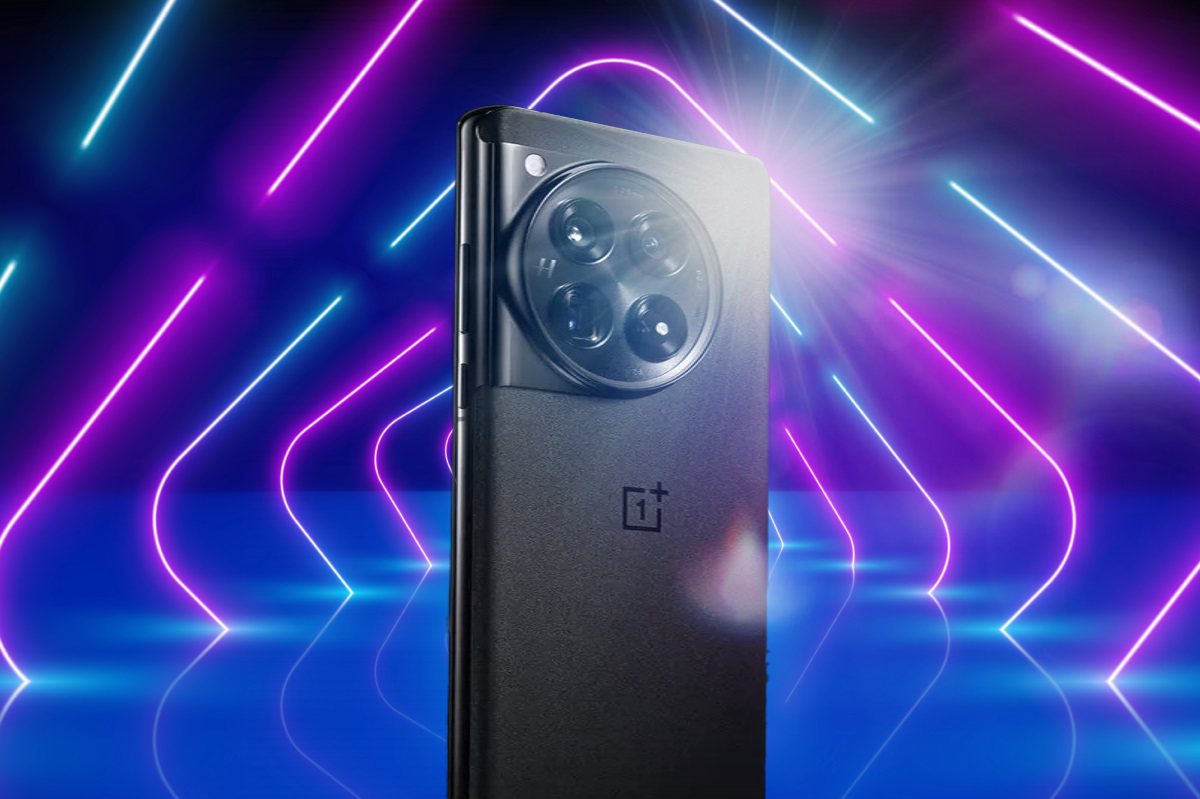
OnePlus has had a history of being rather stubborn compared to other phone makers. OnePlus was one of the last big players to add wireless charging to its phones, supposedly due to concerns about charging speed, and even then has implemented it very inconsistently.
The company also applied the same attitudes to IP ratings over the years, and the first OnePlus phone to actually have an official IP rating was the OnePlus 8 Pro. Previous phones did have water resistance, but they never went through the official Ingress Protection testing — and didn’t have IP ratings as a result.
OnePlus maintained that official IP testing wasn’t worth spending money on, since going through the certification process doesn’t offer any additional benefits. An IP rating won’t magically stop water damage from voiding your warranty, nor would it offer any additional protection in the event that you do drop your phone in the nearest bucket of water.
OnePlus even tried to prove this point with the OnePlus 7 Pro, dunking the phone to highlight the fact water resistance is still water resistance. IP rating or not. So why bother at all, and force consumers to pay for something OnePlus claims they don’t need?
We can’t be privy to what goes on in company boardrooms, but clearly something changed between the launch of the OnePlus 7 Pro and the OnePlus 8 Pro. Though in classic OnePlus style it was very inconsistently implemented for the next few generations. For the OnePlus 8 Pro through 10 Pro, you only got an official IP rating if you bought the phone through T-Mobile. Buying it from a retailer, including OnePlus itself meant you just got a vague water resistance promise.
Confused? Us too, and it wasn’t until the OnePlus 11 that all flagship variants received an official IP rating. Unfortunately it happened to be the rather disappointing IP64, and it’s still unclear why the rating was that low.
A premium phone should have all-premium features
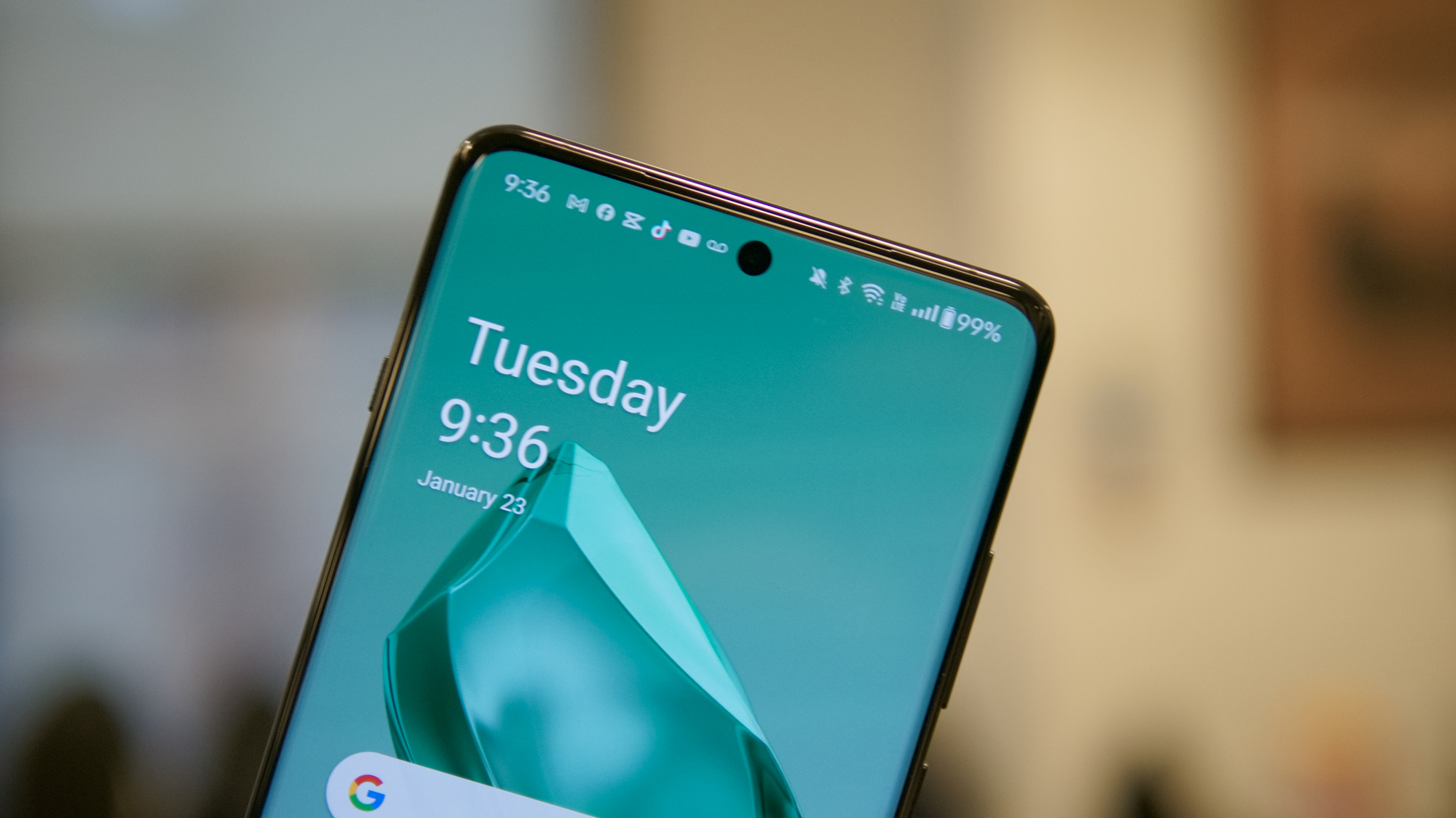
At $799, the OnePlus 12 is offering a lot of premium features for a lower price tag than many of its rivals. It’s not cheap, but it’s certainly great value for those of you that want to enjoy a high-level Android experience without paying a thousand-plus dollars for the privilege. But just because a premium phone has a lower price doesn’t mean there’s an excuse to cut corners.
In the grand scheme of things a slightly lower IP rating isn’t really the worst thing in the world. Especially since there are plenty of other features OnePlus could have skipped out on this year. But if a company is going to put all the effort into making a premium phone like this, and increase the price by $100, the least they could do is go all in.
This isn’t some mid-range OnePlus Nord where sacrifices are to be expected, this is the flagship. And really OnePlus needs to stop letting users down in these really bizarre and inconsistent ways. The slogan is Never Settle, and it's about time OnePlus really took that to heart.
More from Tom's Guide
Sign up to get the BEST of Tom's Guide direct to your inbox.
Get instant access to breaking news, the hottest reviews, great deals and helpful tips.

Tom is the Tom's Guide's UK Phones Editor, tackling the latest smartphone news and vocally expressing his opinions about upcoming features or changes. It's long way from his days as editor of Gizmodo UK, when pretty much everything was on the table. He’s usually found trying to squeeze another giant Lego set onto the shelf, draining very large cups of coffee, or complaining about how terrible his Smart TV is.
-
mscheidler1 My favorite is watching the YouTube reviews of all these OnePlus models with these "crappy IP ratings" being reviewed while the phones are sitting at the bottom of a fish bowl. Spoiler alert, they work fine afterwards.Reply
Just because they refuse to pay for the enhanced IP rating, doesn't mean they don't survive a dunk in water.
I'd rather save $400-$500 vs Samsung and have a better UI on top of it. -
TheloniousQ A few things about this take I don't like:Reply
1. The phones have all the gel, meshes, and gaskets that other IP68 phones have.
2. An IP rating less than 68 doesn't mean your phone won't survive submersions.
3. An IP68 rating doesn't come close to guaranteeing it will survive submersions, and the manufacturer warranty won't cover water damage regardless of IP rating.
4. IP degrades over time and under various conditions and circumstances. Every drop, every exposure to extreme heat or cold, splash, submersion etc. on can impact the IP of an electronic device. Your IP68 S23U can no longer be capable of submersion simply because you've been using it for a year.
IP rating is almost entirely for peace of mind, and it's almost entirely a false peace of mind. -
tkali Reply
Reviewers love to hate OnePlus no IP rating despite endless YouTube videos of their phones sitting at the bottom of pools for 30 min then working fine. Or my favorite how unsecure the optical finger print reader is! No credit for being the first phone available in N.America with an under screen fingerprint reader it's not as secure as the Samsung has anyone ever successfully faked a OnePlus fingerprint reader? You would need a image of my fingerprint and my phone. Seriously it's not like I work for the CIA. How about we don't need wireless charging because my 4 year old phone still lasts all day on a 30min charge? Name a single Samsung that can say that even on day 1TheloniousQ said:A few things about this take I don't like:
1. The phones have all the gel, meshes, and gaskets that other IP68 phones have.
2. An IP rating less than 68 doesn't mean your phone won't survive submersions.
3. An IP68 rating doesn't come close to guaranteeing it will survive submersions, and the manufacturer warranty won't cover water damage regardless of IP rating.
4. IP degrades over time and under various conditions and circumstances. Every drop, every exposure to extreme heat or cold, splash, submersion etc. on can impact the IP of an electronic device. Your IP68 S23U can no longer be capable of submersion simply because you've been using it for a year.
IP rating is almost entirely for peace of mind, and it's almost entirely a false peace of mind.
